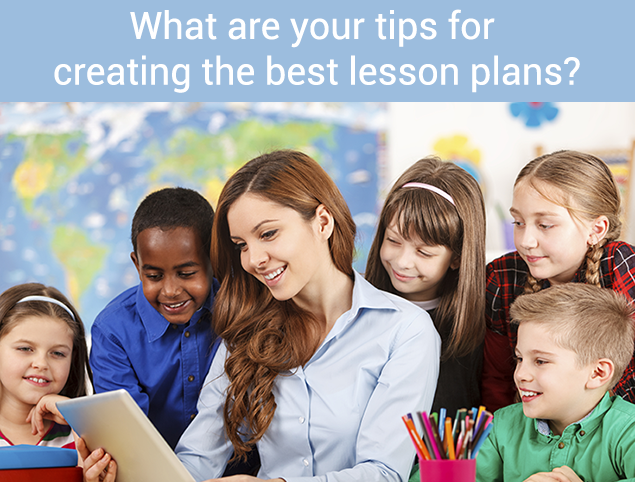How Can Teachers Move Beyond Textbook-Dependent Teaching To Actively Engage Students In The Classroom?
Posted by Network Support · Leave a Comment
Take your teaching from good to great with these transformational teaching tips…
The best teachers are artists who know the science of teaching. Transformational teachers know that artful teaching without science lacks efficacy, and scientific teaching without aesthetics lacks vision. Says child psychologist Dr. David Elkind, “The art comes from the teacher’s personality, experience, and talents. The science comes from knowledge of child development and the structure of the curriculum.” The art and science of teaching work in harmony.
A transformational teacher focuses on enriching students’ perspective on the content by facilitating rich experiences. She carefully crafts, teaching into a persuasive essay – with a clear purpose and unique sense of style, a memorable beginning and end, a logical sequence, important content, smooth transitions, and contagious passion. Together, these characteristics persuade students to believe that learning the content and skills really matters.
Whether you have been teaching for years or are new to teaching, planning lessons in advance is a good idea. It allows you to map out how each class fits into, and prepares students to meet, the overall course learning outcomes. Following are some ways to create transformational lesson plans:
1. Know the Standards & Curriculum
A transformational teacher never lets a textbook’s table of contents determine the scope and sequence of a course. She understands the standards, curriculum, core concepts, and strategies, but uses practical teaching concepts to boost student learning. Example: A class discussion or presentation, initiated and controlled by students to solve problems and increase their understanding.
2. Pin Objectives for Students
A great teacher pins objectives and makes them understandable to students. To ensure clarity, transformational teachers follow the Goldilocks rule. Objectives can’t be too general (“students will learn about the Civil War”) or too narrow, because narrow objectives “put you in danger of listing activities or assignments,” writes Robyn R. Jackson in Never Work Harder Than Your Students & Other Principles of Great Teaching.
3. Do More Showing and Less Telling
Research tells us that the majority of students in a regular classroom need to see information in order to learn it. A transformational teacher makes sure to use visuals during her lectures. Using pictures can avoid boredom, asserts Dan Roam, author of Show and Tell. Some common visual learning strategies include creating graphic organizers, diagramming, mind mapping, outlining and more.
4. Let Students Choose How They Accomplish Tasks
A boost to student motivation can occur, says Kevin Perks in Crafting Effective Choices to Motivate Students, if we let learners determine – when possible – whom they work with, content, due dates, where to work, and how they will complete tasks. For example, a teacher can set a block of time once a week and outline three tasks that students should accomplish during that time, describing the criteria for success. After the teacher advises students to use their time constructively and responsibly, students take charge and decide how to allocate their time to accomplish their tasks.
5. Plan Ahead
Whether you have been teaching for years or are new to teaching, planning lessons in advance is a good idea. It allows you to map out how each class fits into, and prepares students to meet, the overall course learning outcomes. Transformational teachers plan at least a month ahead, building in flextime to absorb any interruptions in the school schedule. Through careful design, each time a learner encounters skills and concepts, they are more challenging. The spiral curriculum approach increases understanding and retention.
6. Create the Assessment Before Developing Content
Transformational educators no longer “teach then test”. Instead, they “design the test, then teach”. By building formative assessment and performance task checkpoints into their plans, teachers know when and why students don’t understand a skill or concept.
Like this article for teachers?
Browse the Professional Learning Board COURSE CATALOG to find related online courses for teachers in your state. Professional Learning Board is a leading provider of online professional development classes that teachers use to renew a teaching license or renew a teaching certificate.





